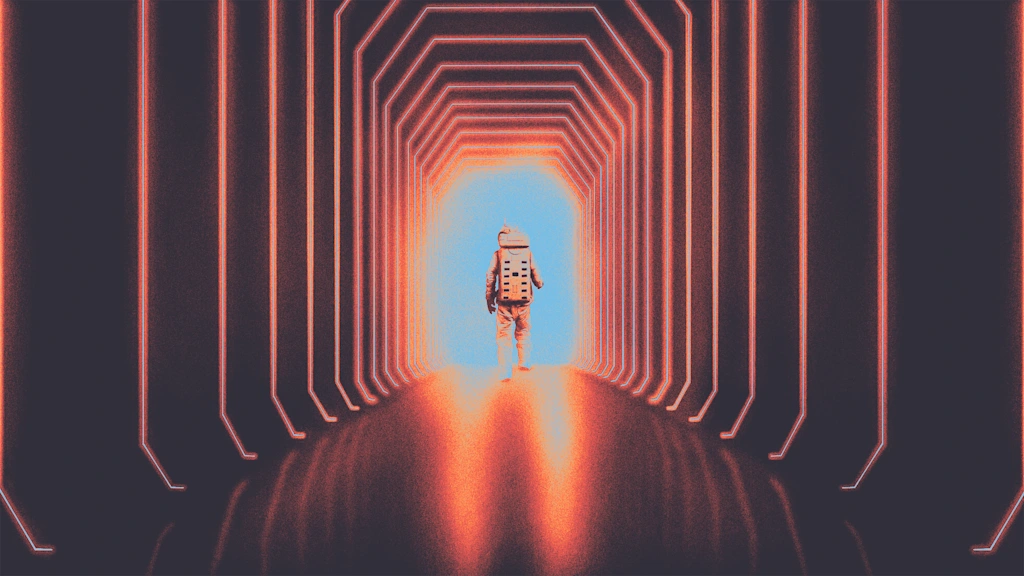
"We need to have a conversation about the future, but not the kind you'd expect. Humans have already talked at length about what the future may or may not hold. What we rarely discuss, and need to start addressing, is how we think about the future. By understanding the ways in which people process what lies ahead, we can all become better-equipped critics of the futures we are shown or sold. To design a better future, we need better futurists."
"There is a palpable sense of curiosity, uncertainty, and anxiety about the future. Google searches for What will the future be like? have tripled since 2020. I think that's because we have experienced more change in the last hundred years than at any other time in history. A hundred years ago, we had not yet invented penicillin, and less than half the homes in America had electricity."
Society must examine how people think about the future rather than only debating specific future scenarios. Understanding cognitive, cultural, and design processes that shape expectations will improve collective ability to critique and choose between proposed futures. Rapid technological, demographic, and social change has increased curiosity, uncertainty, and anxiety about what lies ahead, with search interest in future scenarios tripling since 2020. Many contemporary problems stem from insufficient foresight by previous generations. Improving public and professional capacities to imagine, evaluate, and design futures can reduce harmful unintended consequences and enable more responsible, inclusive, and resilient pathways forward.
Read at Fast Company
Unable to calculate read time
Collection
[
|
...
]